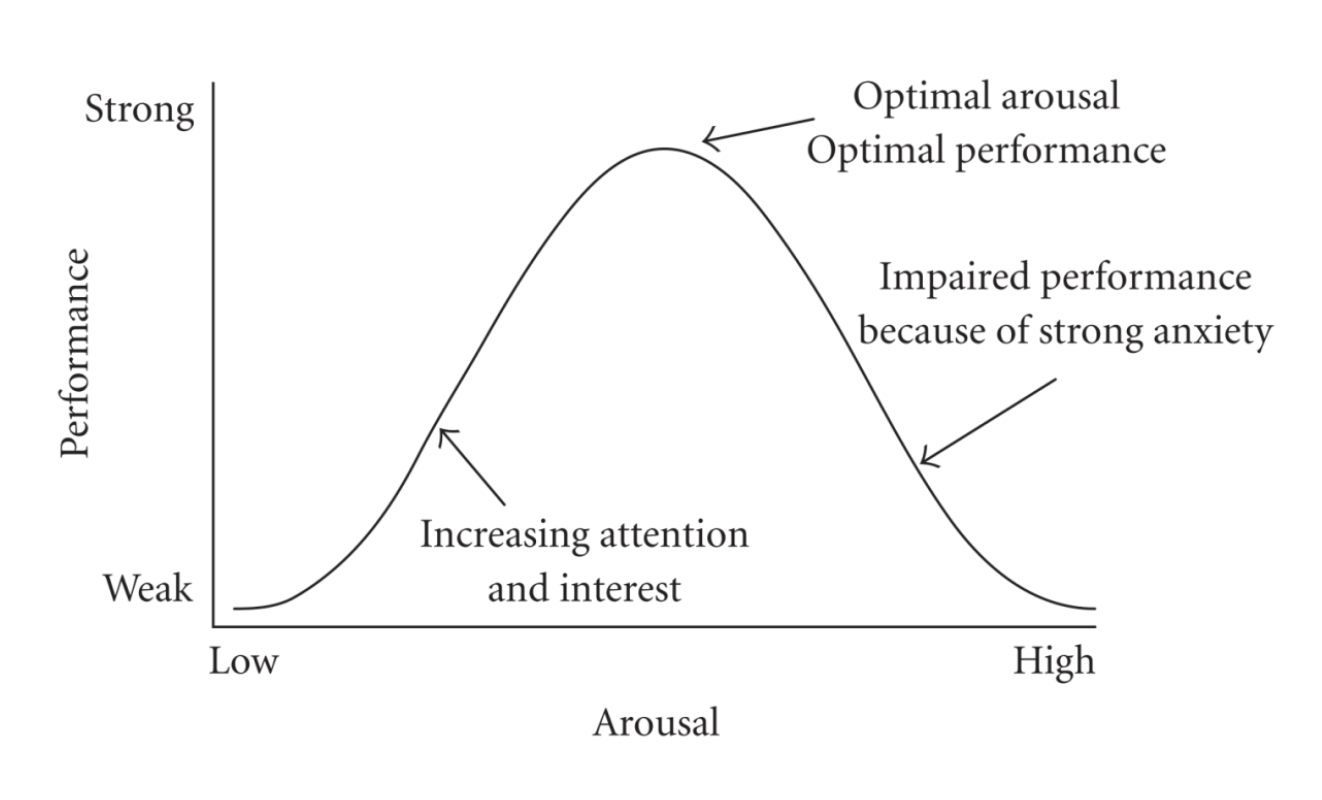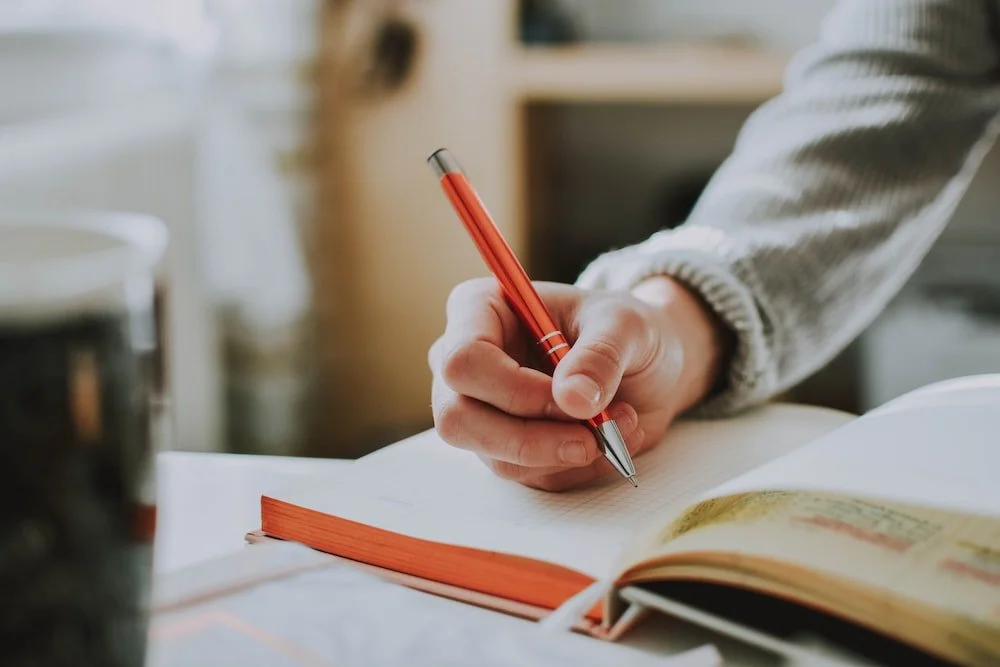Simple Self-Care Practices for Busy Professionals with Anxious Attachment: Prioritizing Your Health and Well-Being
As a busy professional with anxious attachment, it can be challenging to find time for self-care. With long work hours, endless to-do lists, and constant worries about relationships and connections, taking care of yourself can easily fall by the wayside. However, neglecting your health and well-being can exacerbate anxious attachment symptoms and lead to burnout, stress, and a range of physical and mental health issues. In this blog post, we will explore some simple self-care practices that can help you prioritize your health and well-being, even when you're short on time and dealing with anxious attachment.
The Importance of Self-Care for Busy Professionals with Anxious Attachment Self-care is an essential aspect of maintaining overall health and well-being, especially for those with anxious attachment. Anxious attachment is characterized by a persistent fear of rejection, abandonment, and separation from loved ones. It can cause constant worry, self-doubt, and a range of physical and mental health issues. Prioritizing self-care can help you manage anxious attachment symptoms, reduce stress, and improve your overall health and well-being.
Simple Self-Care Practices for Busy Professionals with Anxious Attachment There are several simple self-care practices that you can incorporate into your daily routine to prioritize your health and well-being, even when you're short on time and dealing with anxious attachment. Here are some ideas:
Mindfulness: Practicing mindfulness can help you manage anxious attachment symptoms and reduce stress. Taking short breaks throughout the day to breathe deeply and focus on the present moment can help you feel more grounded and calm.
Therapy: Seeking therapy or counseling can be a powerful tool for managing anxious attachment. A therapist can help you understand and work through your attachment issues, reduce stress, and improve your overall mental and emotional well-being.
Exercise: Exercise is an excellent way to reduce stress and improve your overall health and well-being, including for those with anxious attachment. Even a short workout or walk during your lunch break can help you feel energized and refreshed. You can also try incorporating physical activity into your daily routine, such as taking the stairs instead of the elevator or going for a walk after dinner.
Graph showing the correlation between exercise and reduced stress levels for busy professionals with anxious attachment.
Image by Annelisa Leinbach, David M Diamond, et al
4. Social Connection: Maintaining social connections with loved ones is crucial for those with anxious attachments, as it can help alleviate feelings of isolation and loneliness. However, busy professionals often struggle to find time for socializing. Scheduling regular phone or video chats with friends and family can help you stay connected.
5. Hobbies: Pursuing hobbies and interests is an excellent way to reduce stress and improve your mental and emotional well-being, including for those with anxious attachments. Scheduling time each week for a favorite activity or trying something new can help you feel more fulfilled and balanced.
Tools and Resources for Practicing Self-Care with Anxious Attachment There are several resources and tools available to help you incorporate self-care into your daily routine while dealing with anxious attachment. Here are some suggestions:
Self-help books and podcasts: There are several self-help books and podcasts that focus on managing anxiety and practicing self-care. These resources can provide tips, tools, and strategies to help you develop healthy habits and manage anxious attachment. Some recommended titles include "The Anxiety Toolkit" by Alice Boyes, "The Power of Now" by Eckhart Tolle, and "The Self-Care Project" by Jayne Hardy.
Mindfulness apps: There are several mindfulness apps available that can help you practice mindfulness and reduce anxiety, even when you're short on time. Popular apps include Headspace, Calm, and Insight Timer, which offer guided meditations, breathing exercises, and other mindfulness practices.
Support groups: Joining a support group can provide a safe and supportive environment to connect with others who may be experiencing similar challenges with anxious attachment. This can help you feel less isolated and provide opportunities for learning and growth. Look for local support groups in your area or consider online support groups such as Love Addicts Anonymous.
Gratitude journaling: Practicing gratitude can help you shift your focus from anxious thoughts to a more positive and grateful mindset. Keeping a gratitude journal and writing down things you're thankful for each day can help you cultivate a sense of appreciation and improve your overall well-being.
Self-care apps: There are several self-care apps available that can help you prioritize your self-care and develop healthy habits. Apps such as Fabulous, MyFitnessPal, and Happify offer personalized self-care plans, goal tracking, and other tools to help you stay motivated and accountable.
We recommend you try Journaling. We have our own Journal that can help your attachment.
Incorporating self-care practices into your daily routine can be challenging, especially when you're a busy professional with an anxious attachment. However, prioritizing your health and well-being is essential for managing anxiety and improving your overall quality of life. By incorporating simple self-care practices such as mindfulness, journaling, therapy, exercise, and boundaries, and utilizing tools and resources such as self-help books, mindfulness apps, support groups, gratitude journaling, and self-care apps, you can develop healthy habits and manage anxious attachment. Remember to be kind and compassionate with yourself and take small steps towards prioritizing your self-care each day.
Yours truly,
Michelle & Co.


